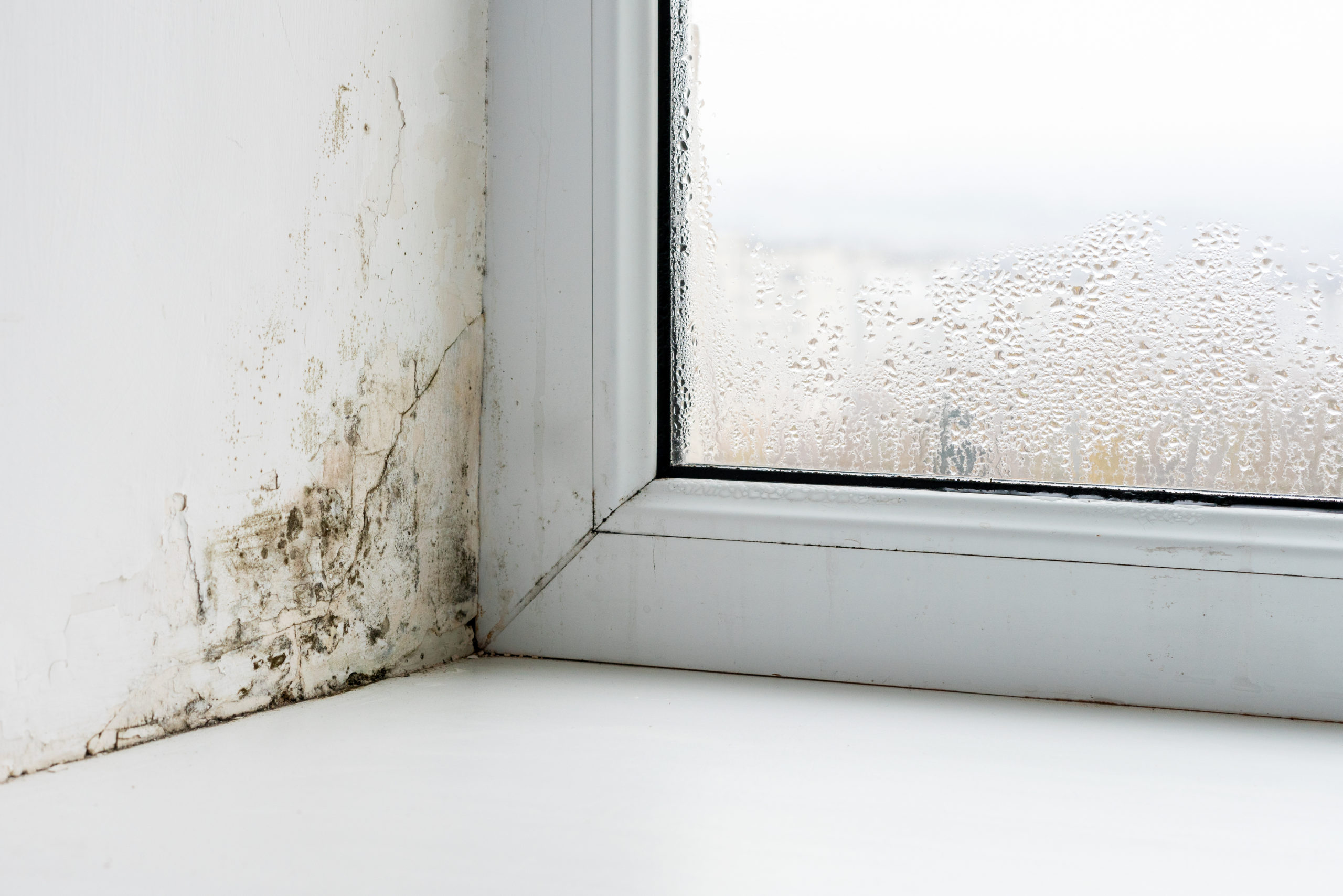Commissioning a HomeBuyer Survey can potentially reveal a few red flags about a property. This can complicate matters for the prospective buyer, especially if an offer has already been made. But is it possible to renegotiate the price after a survey?
While renegotiation is possible, this entirely depends on what the survey uncovers.
A RICS HomeBuyer Survey is designed to highlight visible defects and urgent repairs that may affect a property’s value or safety. While not every issue justifies a price change, some findings provide valid grounds for renegotiation, and possibly a revision of the agreed upon price.
We review when renegotiations may be possible, when it is not, and how a RICS HomeBuyer Survey from ASL can be used in supporting fair negotiations between buyer and seller.

What is a RICS HomeBuyer Survey?
A property survey provides buyers with an overview on the condition of a residential property. There are three levels of property survey:
To better understand the differences between different types of property surveys, you can review our home survey comparison here.
RICS Level 2 HomeBuyers Survey
A RICS Level 2 HomeBuyers survey is a popular choice among buyers who want a detailed and affordable report on a residential property.
For those looking for professional reassurance without the need for a full structural survey, a Level 2 Homebuyer Survey offers expert insights into visible defects, necessary repairs, and future maintenance considerations.
Conducted by a RICS-qualified surveyor, this survey focuses on:
- Visible defects (e.g. roof damage, signs of damp etc)
- Urgent repairs or maintenance needs
- Condition ratings (using a clear traffic light system)
- Risks to the building or occupants
- Advice on ongoing maintenance
Because these surveys are backed by the Royal Institution of Chartered Surveyors (RICS), they offer trusted, objective insight into the state of a property, and can often support evidence based renegotiation.
Click here to learn more about our Level 2 HomeBuyer Survey.
Can I Renegotiate After a Survey?
Yes, you can renegotiate after a survey.
If your HomeBuyer or Building Survey reveals significant issues such as structural problems, damp, roof damage, or outdated electrics, you’re well within your rights to reopen negotiations.
Renegotiating after a survey is not only acceptable, it’s often expected. Sellers are usually aware that surveys may uncover issues, and it’s common for adjustments to be made at this stage to keep the sale moving forward. Just ensure any renegotiation is backed by your RICS-accredited surveyor’s report to make your case clear and professional.
When Can You Renegotiate After a HomeBuyer’s Survey?
Whether or not you can renegotiate the price of the property depends heavily on what was discovered in the survey.
While issues such as scuffed skirting boards or tired wallpaper may not warrant a revised price, more serious and unexpected findings can create the opportunity for renegotiation. Some common issues that can justify a renegotiation include:
- Roof Issues: Missing tiles, sagging timbers or poor insulation.
- Damp or Timber Decay: Signs of water ingress, rot or infestation.
- Structural Concerns: Cracks, movement or signs of subsidence can lead to high costs.
- Outdated Services: Old electrics or plumbing that don’t meet modern standards.
- High-Cost Repairs: Generally, if repairs are estimated in the thousands, the price may no longer reflect fair market value.
While the seller has no legal obligation to lower the price, if the survey reveals something that wasn’t previously disclosed or visible, such as structural faults, renegotiation is entirely reasonable as the conditions of your purchase have significantly altered.
To understand more about the right survey for your home click here.
How to Approach the Renegotiation
- Review the Survey Thoroughly
Make sure that you fully understand the findings of the survey and how this impacts the property’s long-term condition. - Obtain Repair Estimates
By getting quotes and estimates from reputable contractors, such as ASL, you can strengthen your case for renegotiation. It demonstrates to the seller that you are not angling for a discount, but are accounting for real costs. - Talk to Your Agent or Solicitor
Your solicitor or estate agent can guide how best to re-approach the seller and negotiate professionally. - Renegotiate Calmly, With Evidence
Share the survey findings and repair estimates clearly. Suggest a revised offer based on factual information rather than emotion. - Consider Your Timing
When entering back into negotiations, timing is vital. Aim to renegotiate with the seller before exchange of contracts, when both parties are still legally flexible.
What if The Seller Refuses to Renegotiate?
It is important to be aware that sellers are under no obligation to accept a lower price, even if the survey uncovers significant issues. If the seller refuses to renegotiate, there are a few options available to you:
- Proceed at the Original Price: If the costs are manageable or the property is still a good deal.
- Request That Repairs Be Completed: Some sellers may agree to fix key issues before exchange.
- Walk Away: If the risks or costs are too high, it’s better to pull out than overpay for a compromised home.
A HomeBuyer Survey not only provides key information about the property’s condition but empowers the buyer when dealing with the seller. Having the knowledge of the survey enables the buyer to make an informed decision, whether that is in negotiating, renegotiating, or walking away from the purchase altogether.
Discover how a RICS valuation can further inform your buying decision.
Why Buyers Trust a RICS HomeBuyer Survey from ASL
When you’re making one of the biggest investments of your life, you need something that makes you confident in your decision. At ASL Chartered Surveyors, our survey reports give buyers the clarity to make informed, safe, and financially sound decisions. Here’s how:
- Avoid Costly Surprises: Our detailed reports highlight potential issues before you commit, saving the chance of any nasty surprises after completion.
- Make Smarter Offers: With a clear picture of the property’s condition, you’re in a stronger position to renegotiate or walk away if needed.
- Trust in our Chartered RICS Accreditations: Every survey is carried out by experienced survey team, RICS accredited, recognised by lenders and solicitors.
- Support for First-Time Buyers: We take the time to explain your report, helping you move ahead feeling confident, not confused.
Sometimes a survey can reveal previously undiscovered details about the property that would have impacted the original price. When costly or serious defects are uncovered, you have every right to reassess the price you are paying.
Whether you’re buying your first home or your forever home, ASL is here to support you every step of the way. Book your HomeBuyer Survey with ASL and take control of your property purchase with confidence.





